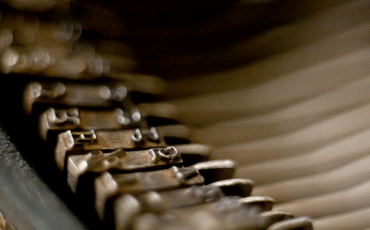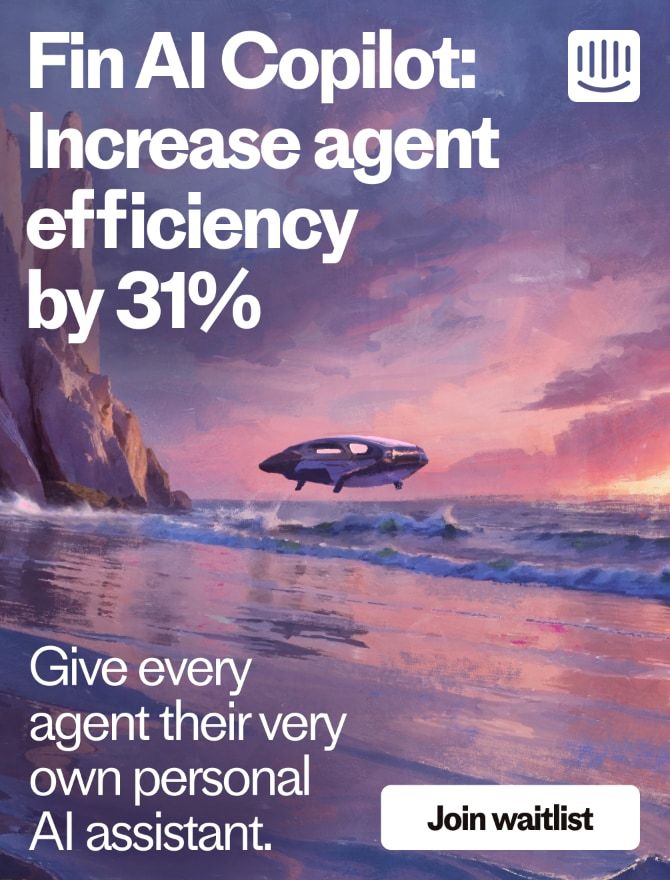Doubling down on content

After almost a decade with The Irish Times and a 20 year career in print journalism, primarily covering technology and business, this week I joined Intercom as managing editor.
Why is a software company hiring a newspaper guy?
Despite having made very substantial progress, Intercom has only recently started to invest in sales and marketing. This blog has spread the gospel of Intercom and been a key component in the success of the company. The team chose the name Inside Intercom because they see it as a space where they can share what people are thinking within Intercom. What you read here is as likely to be about the evolution of web design, how search can be improved or how the internet changes everything, as it is to be about a new Intercom feature or an insight into our work practices. And increasingly these posts reflect the views of our customers as well as the designers, coders and business types that make up Intercom. Who doesn’t like dealing with a company that has a bit of personality?
So at this point you might be thinking that Intercom is getting serious about “content marketing” or setting up a “corporate newsroom” like so many global brands have done. While both strategies have worked for other companies, and are interesting manifestations of how the media world is changing, that’s not what has worked for Intercom in the past or where we want to go.
A truism since the earliest days of the internet is that if you write interesting stuff on a regular basis people will visit your website. If this year you want to call that content marketing that’s fine, but it’s just about attracting people to your site with useful and relevant content.
The current vogue for content marketing tends to be a game of diminishing returns which puts companies under pressure to publish something, anything, according to an artificial schedule. That’s just not our style. If you see Katy Perry mentioned here it will be because she has good advice on customer retention and not because we’re disappearing down the rabbit hole of link baiting.
Inside Intercom is not going to become your source of news from F8, spread new rumours about the next iPhone design or analyze last night’s Twitter financial results. We want to invest in content that has a longer life than advertising or news, which is seen today but can just as easily be forgotten tomorrow. While new posts always attract a lot of traffic the nature of the content here means it has enjoyed a long life and gets referred to and read weeks and months after it was published. Each new post doesn’t just add incremental value but adds to the knowledge base we are creating. To use an analogy from the newspaper world we’ll continue to be a features department not the newsroom.
A few weeks ago I was writing and editing interesting things so people would buy a newspaper, or maybe a subscription to a digital edition. Now I’m writing and editing interesting things so that people will buy software.
In the old media world companies like Intercom would have hired a PR agency who would have got us coverage in the key trade magazines. A little advertising spend wouldn’t have hurt our chances of coverage either. Those magazines have either died or they’re limping on as a shadow of their 1990s selves.
For a startup like Intercom the return on investment to advertise in those magazines just doesn’t make sense. With the proliferation of self-publishing tools and platforms it makes perfect sense for us to create that content ourselves.
In the old paradigm we would have been paying to get ourselves into the hands of prospective customers. Now we are investing so that those same people will come to our site and engage with us on our terms. We have cut out the middle man and are having a deeper and more meaningful engagement than when an entire industry of editors, reporters, PRs and marketing people mediated the conversation.
We love that we’ve been able to communicate our thoughts directly to our customers, prospective customers and peers, and what we’ve had to say has resonated so well with them. From here on we hope to be able to do even more of that on Inside Intercom and other platforms we haven’t even thought of yet.
I’m really excited about this move. In some ways we’re hatching our own petri dish experiment – putting a journalist into a room of engineers and designers and seeing what happens. I hope you’ll stick around to see what we come up with.
Image: Judit Klein







